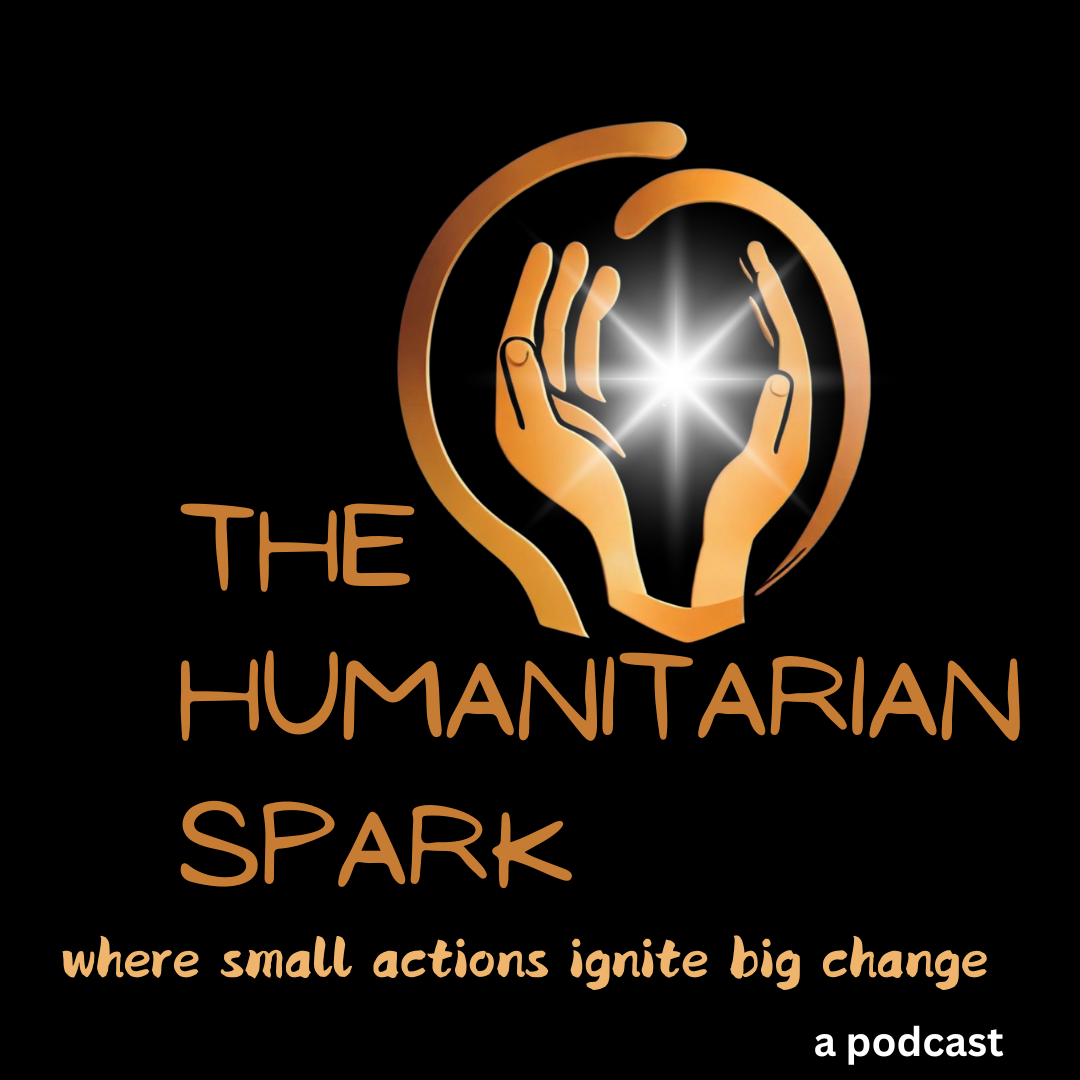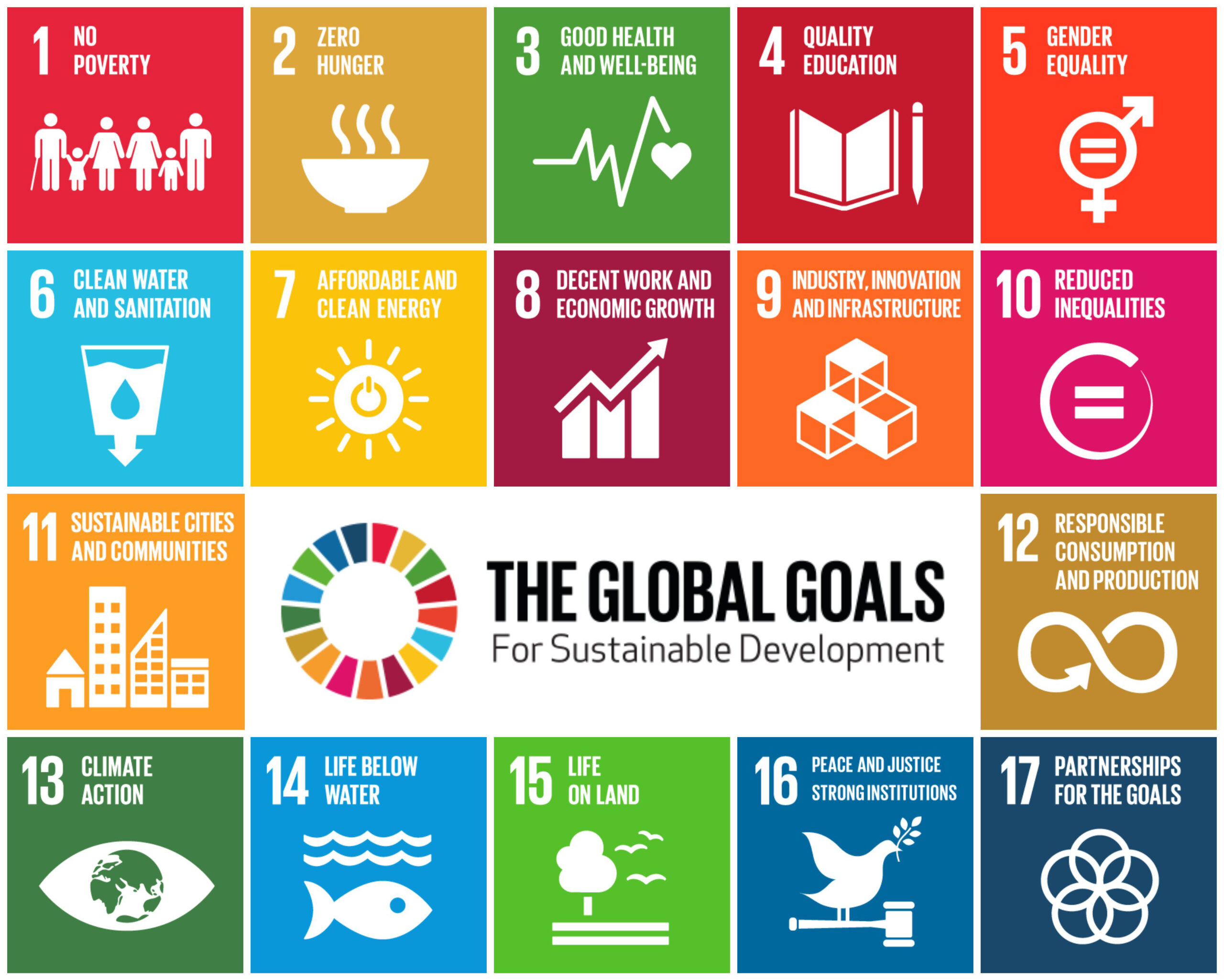The United Nations’ 17 Sustainable Development Goals (SDGs) are a set of ambitious targets designed to address some of the world’s most pressing challenges, including poverty, hunger, inequality, and environmental degradation. These goals aim to create a more sustainable and equitable future for all, and as such, they are of vital importance for all individuals, organizations, and governments to learn, study, and implement.
One of the key reasons why it is important to learn about the SDGs is that they provide a comprehensive framework for addressing some of the most pressing global issues. They cover a wide range of topics, from ending poverty and hunger to ensuring access to quality education and healthcare, and from protecting the environment to promoting peace and justice. By learning about these goals, individuals, organizations, and governments can gain a better understanding of the complex challenges facing the world and what can be done to address them.
Another important reason to learn about the SDGs is that they provide a roadmap for achieving a more sustainable and equitable future. The SDGs are designed to be interrelated and mutually reinforcing, meaning that progress in one area can help to catalyze progress in others. For example, reducing poverty can help to improve education outcomes, while protecting the environment can help to ensure access to clean water and other resources. By learning about these goals, individuals, organizations, and governments can gain a better understanding of how to create a more sustainable and equitable future for all.
It is also important to study the SDGs in order to understand the role that each individual, organization, and government can play in achieving them. The SDGs are not just the responsibility of governments or international organizations; they are everyone’s responsibility. Each individual, organization, and government can play a role in achieving these goals, whether through individual actions, such as reducing consumption and waste or through more systemic changes, such as supporting sustainable development policies. By studying the SDGs, individuals, organizations, and governments can gain a better understanding of the actions they can take to contribute to achieving these goals.
Finally, it is important to implement the SDGs because they are essential for creating a better future for all. The SDGs are not just a set of abstract targets; they are a call to action for individuals, organizations, and governments around the world. By implementing these goals, individuals, organizations, and governments can help to create a more sustainable and equitable future for all, one in which everyone has the opportunity to live a fulfilling life, free from poverty, hunger, and environmental degradation.
In conclusion, the United Nations’ 17 Sustainable Development Goals (SDGs) are of vital importance for all individuals, organizations, and governments to learn, study, and implement. The SDGs provide a comprehensive framework for addressing some of the world’s most pressing challenges, they provide a roadmap for achieving a more sustainable and equitable future, they help individuals, organizations, and government understand the role they can play in achieving them and they are essential for creating a better future for all.
###
The Sustainable Development Goals or Global Goals are a collection of 17 interlinked goals designed to be a “blueprint to achieve a better and more sustainable future for all”. The SDGs were set in 2015 by the United Nations General Assembly and are intended to be achieved by the year 2030.
Established: 2015
Mission statement: “A blueprint to achieve a better and more sustainable future for all by 2030”
Founder: United Nations
The 17 SDGs are:
(1) No Poverty,
(2) Zero Hunger,
(3) Good Health and Well-being,
(4) Quality Education,
(5) Gender Equality,
(6) Clean Water and Sanitation,
(7) Affordable and Clean Energy,
(8) Decent Work and Economic Growth,
(9) Industry, Innovation, and Infrastructure,
(10) Reducing Inequality,
(11) Sustainable Cities and Communities,
(12) Responsible Consumption and Production,
(13) Climate Action,
(14) Life Below Water,
(15) Life On Land,
(16) Peace, Justice, and Strong Institutions,
(17) Partnerships for the Goals.










